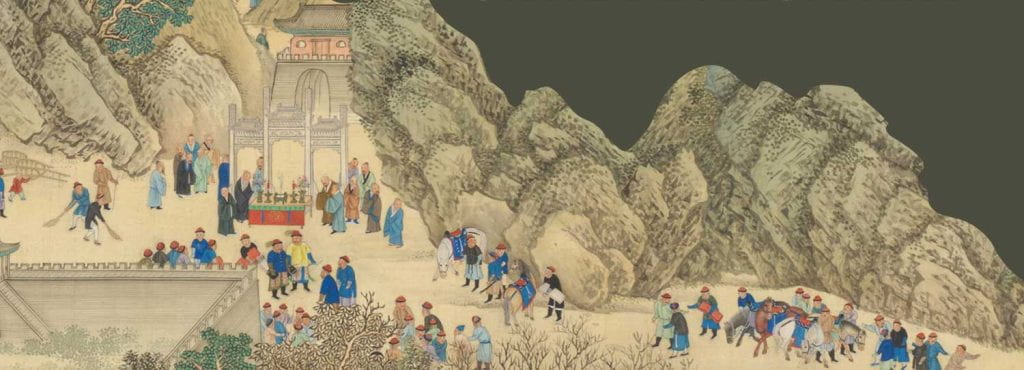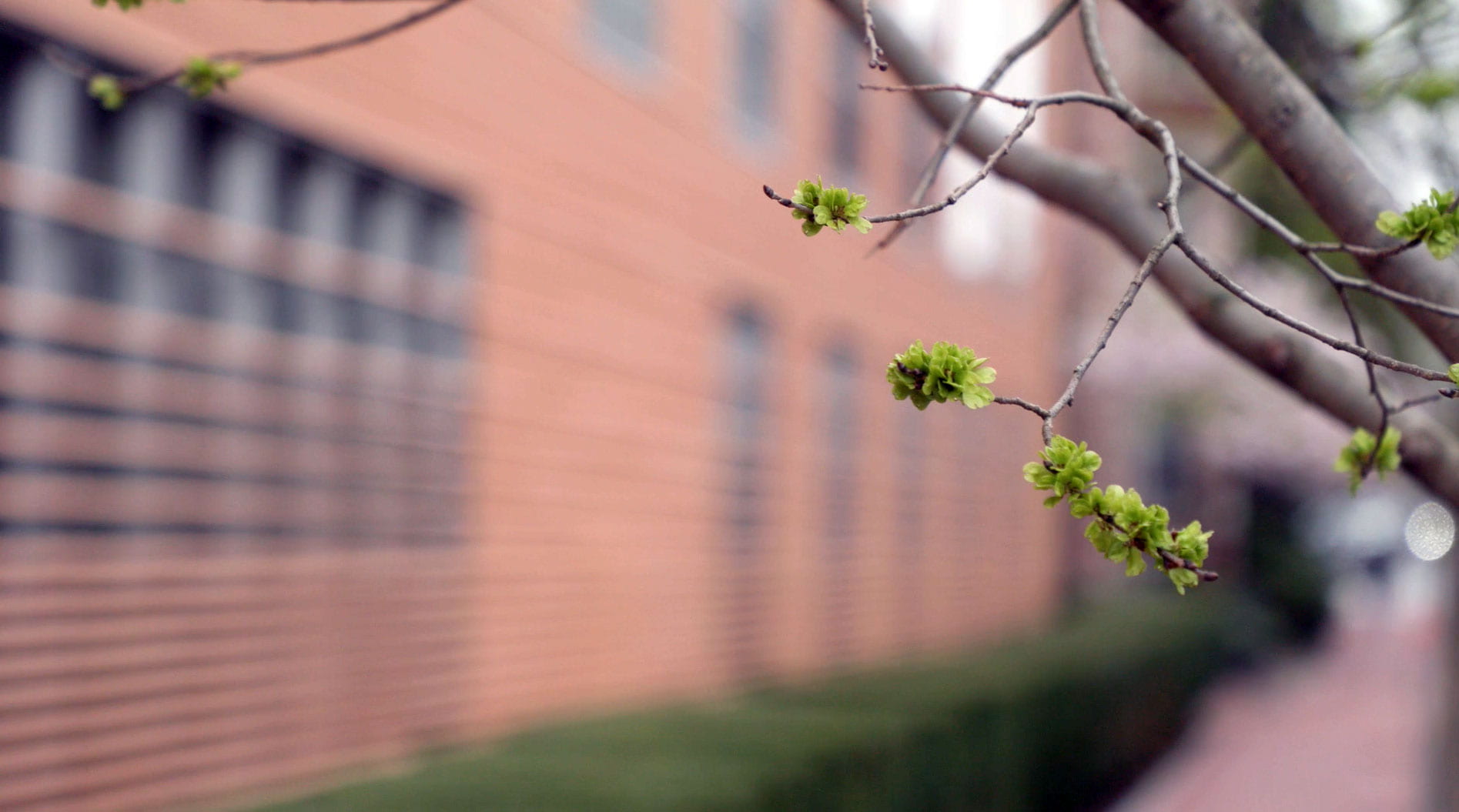How social networks shaped the imperial Chinese statewritten by Yuhua Wang Yuhua Wang’s new book highlights a fundamental trade-off in China’s state building, which he calls the sovereign’s dilemma: a coherent elite that could take collective actions to strengthen the state was also capable of revolting against the ruler. OVERVIEW: China was the world’s leading superpower…
The Rise and Fall of Imperial China: The Social Origins of State Development

